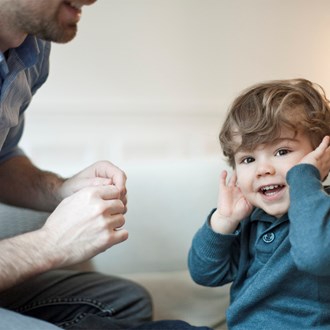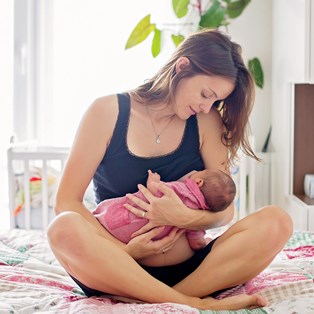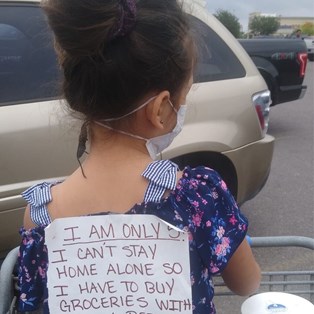Bread experiment shows why coronavirus spreads like butter

"So disgusting"
By Allie Godfrey
March 11 2020
Hand sanitiser just doesn’t cut it.
If you want to stay clear of coronavirus, you’re going to need to wash your hands with soap and water.
At least that’s what one primary school science experiment has shown.

In 2019, teacher Dayna Robertson, 38, and behavioural specialist Jaralee Metcalf, 23, conducted a month-long experiment for special education students at Discovery Elementary in Idaho Falls, Idaho.
“We decided to do the experiment because everyone was calling in sick, students and workers,” Metcalf says.
“We took fresh bread and touched it. We did one slice untouched. One with unwashed hands. One with hand sanitiser. One with washed hands with warm water and soap.

“Then we decided to rub a piece on all our classroom Chromebooks.”
The bread was left in sealed plastic bags and pinned to a wall for a month.
After the bread handwashing experiment, Metcalf posted the results on Facebook.
It’s gone viral since the outbreak of coronavirus, with more than 72,000 shares.
Attention to hygiene
“The post has unsurprisingly picked up again and I am so glad because people really should be paying attention to their hygiene and stay healthy,” Metcalf says.
The experiment shows just how many germs we all carry on our hands.

It also shows some methods of cleaning are better than others.
“The kids were surprised and very grossed out, but it kicked up their hygiene habits a tonne,” Metcalf says.
The bread wiped on the Chromebook was almost completely black and disintegrating, while the one touched by dirty hands wasn’t far behind. The one with hand sanitiser had a clear blotch of black mould.

“Hand sanitiser is not an alternative to washing hands!! At all! This is so DISGUSTING!!!”
It’s a good lesson to learn in light of coronavirus.

What is the coronavirus?
Coronaviruses are a group of viruses that can cause a range of symptoms including a runny nose, cough, sore throat and fever. Some are mild, such as the common cold, while others are more likely to lead to pneumonia.
The latest strain was discovered in the Chinese province of Wuhan.
How do you get coronavirus?
China says the virus is mutating and can be transmitted through human contact.
It’s primarily spread through a sick person coughing or sneezing on someone but a person could also become infected through contact with the virus particles on a surface, NSW Health warns.
What are coronavirus symptoms?
Symptoms include fever, cough and difficulty breathing. Most of those affected are older people and those with underlying health conditions.
How dangerous is the coronavirus?
The virus has caused alarm because it is still too early to know how dangerous it is and how easily it spreads between people.
How do you treat coronavirus?
As it stands, there is no vaccine for the virus and because it is new, humans have not been able to build immunity to it.
A group of Melbourne researchers have been tasked with finding a vaccine, while China is testing the HIV drug Aluvia as a treatment.
How do I protect myself from coronavirus?
WHO’s standard recommendations:
- Frequently clean hands by using alcohol-based hand rub or soap and water
- When coughing and sneezing cover mouth and nose with flexed elbow or tissue – throw the tissue away immediately and wash hands
- Avoid close contact with anyone who has a fever and cough;
- Seek early medical help if you have a fever, cough and difficulty breathing.
Originally published on 7News.













